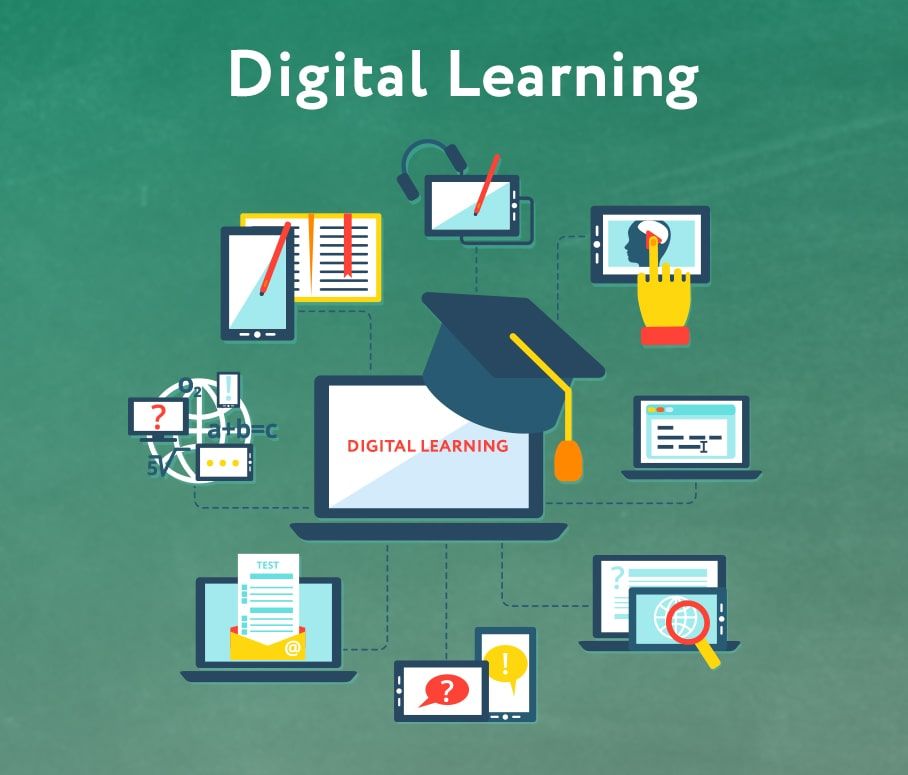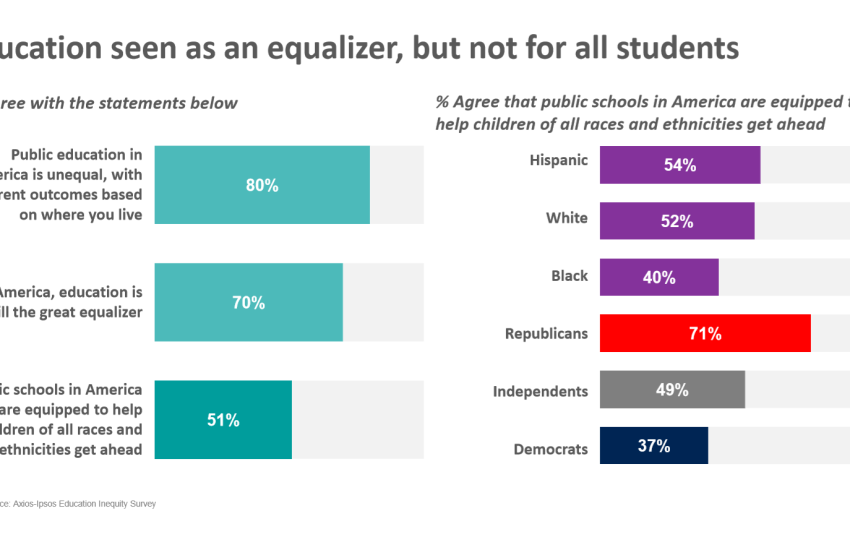The Role of Digital Learning in Modern Education
In today’s fast-paced digital world, technology plays a crucial role in transforming the traditional education system. Digital learning has revolutionized the way students learn and educators teach, making education more accessible, interactive, and personalized. This article explores the benefits of digital learning in modern education and how it is shaping the future of learning.
Accessibility and Flexibility
One of the key advantages of digital learning is its accessibility and flexibility. With digital tools and resources, students can access educational content anytime, anywhere, using their smartphones, tablets, or laptops. This flexibility allows students to learn at their own pace, creating a more personalized learning experience.
Engagement and Interactivity
Digital learning platforms offer engaging and interactive content that enhances student engagement and retention. Interactive simulations, videos, and games make learning fun and exciting, while also catering to different learning styles. This interactive approach to learning not only improves student motivation but also encourages critical thinking and problem-solving skills.
Personalized Learning Experience
Digital learning allows educators to create personalized learning experiences for students based on their individual needs and preferences. Adaptive learning technologies use data analytics to track student progress and provide customized learning pathways. This personalized approach ensures that students receive the support and resources they need to succeed.
Collaboration and Communication
Digital learning enables students to collaborate with peers and educators from around the world, breaking down geographical barriers. Online discussion forums, group projects, and video conferencing tools facilitate collaboration and communication, fostering a sense of community in the digital classroom. This collaborative learning environment encourages teamwork, communication skills, and global awareness.
Preparation for the Digital Age
In today’s digital age, technology skills are essential for success in the workplace. Digital learning equips students with the technical skills and knowledge they need to thrive in a technology-driven world. By incorporating digital tools and resources into the curriculum, educators prepare students for the challenges and opportunities of the digital economy, ensuring they are ready for the future.
Challenges and Considerations
While digital learning offers numerous benefits, it also presents challenges and considerations. Educators must ensure that digital tools and resources are used effectively and ethically, promoting responsible digital citizenship. They must also address issues such as digital equity, ensuring that all students have access to technology and internet connectivity. By addressing these challenges, educators can maximize the potential of digital learning in modern education.
Conclusion
In conclusion, digital learning plays a vital role in modern education, offering numerous benefits such as accessibility, engagement, personalized learning, collaboration, and preparation for the digital age. By embracing digital tools and resources, educators can create dynamic and interactive learning experiences that cater to the needs of diverse learners. As technology continues to evolve, digital learning will continue to shape the future of education, empowering students to succeed in a rapidly changing world.


